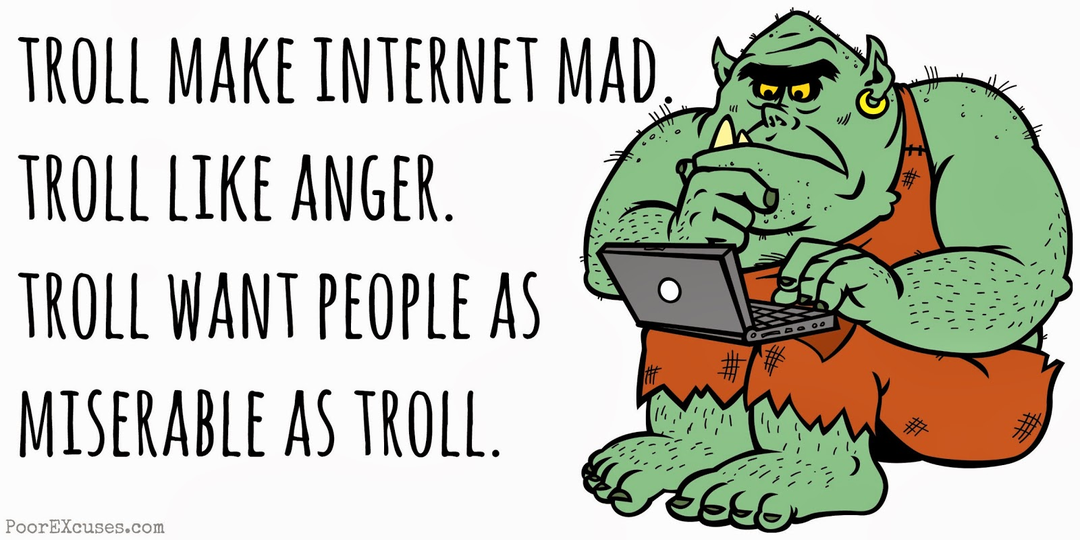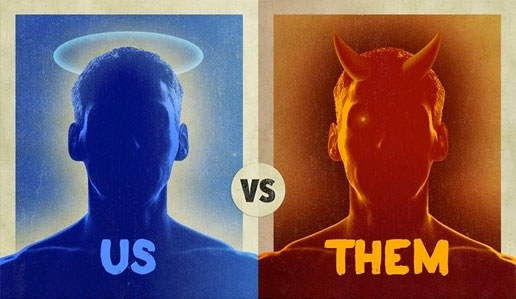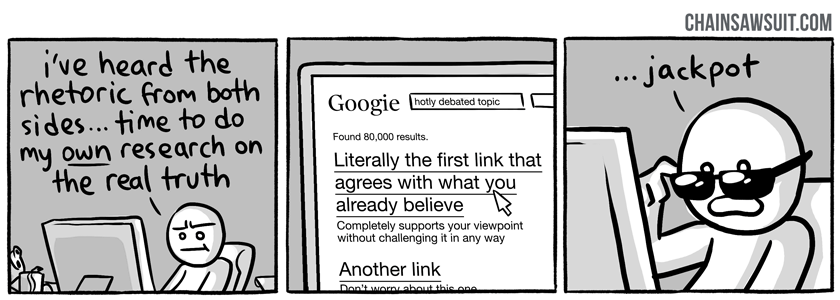The expo hall at PAX East 2017 gives a glimpse of how big and diverse gaming culture has become.
Sprites and Dice was founded on a message of positivity and inclusiveness in gaming. Our founders, Wyatt and Zoë, were tired of the hateful, angry, toxic personalities that sometimes seemed to dominate gaming culture. They created Sprites and Dice as a way to celebrate and enjoy our hobby and the people who participate in it, instead of attacking them.
We were all pleased to see that the ideals of positivity and inclusiveness were also a running theme at PAX East 2017. There were a number of panels devoted to various aspects of that same idea, ranging from one all about streaming safely as a non-white (or non-male) gamer, to one simply called "How We Find Positivity In Gaming" which was too on-the-nose for us to pass up. I attended a few of these panels, learning some interesting things about toxicity in the gaming community and how people are working to overcome them.

Warning: the rest of this article is pretty depressing.
Panel Write Up - The Hate Is The Hobby: How Did We Get Here?
The first panel I attended was devoted to understanding what drives some people to be so hateful in the first place. This panel was moderated by a clinical psychologist and an ex-Marine who is a self-described “bro” gamer, among others. The full description of the panel can be found here, but suffice it to say that the panelists were well-qualified to discuss their topic and brought a variety of viewpoints to the table.
The panelists started with the proposition that, for many people, anger is not only their normal state, but they actually want to be angry. They were quick to clarify that they were not talking about internet trolls, people who say absurd or hurtful things just to get a reaction out of people. The motivation for trolls is obvious: they make people upset, which they find funny or otherwise satisfying. It’s not a good hobby by any means, but it’s at least understandable. The reasons behind these legitimately angry, toxic gamers are a bit harder to fathom - at least at first.

Speaks for itself, really.
Perhaps the obvious place to start is with the people who encourage and support this type of behavior. There are game reviewers and YouTube personalities who have built their entire careers on outrage and hatred. I won’t name specifics here, because my intent is not to create more problems or to direct our readers to those places, but entire communities have grown up around their mutual dislike of certain games, companies, or people. Consider the enormous backlash against No Man’s Sky. What could have just been given a shrug, a sigh, and written off as a failed experiment, has become the target of a frankly absurd amount of ire. Not only do people hate the game, they’re enjoying hating it, and they’re coming together to hate it in groups.
The truth is, it’s gratifying to find a group of people who dislike the same things that you do. When such a group gathers around a strong leader who can egg them on while silencing dissent, it creates a tight-knit group of people who all hold similar beliefs, at least regarding that one topic. It also feeds the human tendency to obey people whom they accept as leaders or authority figures. The panelists mentioned the shock experiment of the 60s, where test subjects would supposedly deliver lethal shocks to other humans simply because they were ordered to (in reality there was nobody being shocked, but the subjects believed that there was). In short, people like to form tribes.

This idea of tribalism came up multiple times throughout the discussion. To put tribalism into simple terms, it’s both the sense of belonging to a certain community and a visceral dislike of people who are not part of that community. It’s hardly a new phenomenon, nor one that’s unique to gaming culture, but the Us vs. Them mentality plays strongly into this topic.
People attack those whom they see as different - people who aren’t one of us. That could be an XBox fan belittling a Playstation fan for his choice of console (or vice versa), or it could be the stereotypical male gamer who doesn’t want to see girls playing games because they aren’t “supposed to,” because they aren’t part of “his” society. Anything from simple differences of opinion to uglier things like not believing that a certain type of person belongs in your culture can create this type of conflict.
Finally, and this is likely something that you’ve read about before, the rise of the internet has made this situation worse in a lot of ways. For one thing, the whole world is so connected now that it’s easy to find people who agree with any given thing that you believe, and in many cases the tendency is to gather in those people while shutting out anyone who disagrees. These echo chambers serve to reinforce and, in many cases, amplify those beliefs. To give a relatively harmless example, someone who takes to a forum to vent about For Honor’s unbalanced matchmaking might find himself drawn into an anti-Ubisoft community, and come away with his negative opinions reinforced and expanded to hating the entire company, not just one aspect of one game.

Confirmation bias is a heck of a drug.
The other negative aspect of the internet is that it’s very impersonal. People say things on the internet that they would never dream of saying in real life, and there are a couple of reasons for that. First of all the internet is largely anonymous. People feel safer behind a mask, as it were, and so they are less afraid to attack others. The other side to this “mask” is that people tend to feel less empathy for strangers on the internet than they would for people in the real world, even strangers that they meet face-to-face. When you get into a fight on the internet you aren’t yelling at another person. It’s just a name on a screen - or at least, that’s the feeling.
Peer influence, biases towards or against specific people or things, and more recently the popularity of the internet are all major factors in the seemingly endless, pointless vitriol that people throw at each other. Now, I don’t believe that all gamers are like this - far from it. Most simply want to enjoy their hobby, and some are doing some truly great things. Unfortunately, this kind of toxicity can be pervasive, powerful, and dangerous.
I apologize for making this article such a downer, but rest assured that this is only part one. Part two will discuss a very different panel full of people doing great things for the gaming community and the world as a whole. And it concludes by exploring what we as individuals can do to help. Interested in being part of the solution? Stay tuned!
This is not a pleasant topic, but it is an important one to discuss. If you’d like, feel free to leave us a comment here or message us on Facebook to share your own thoughts and stories.